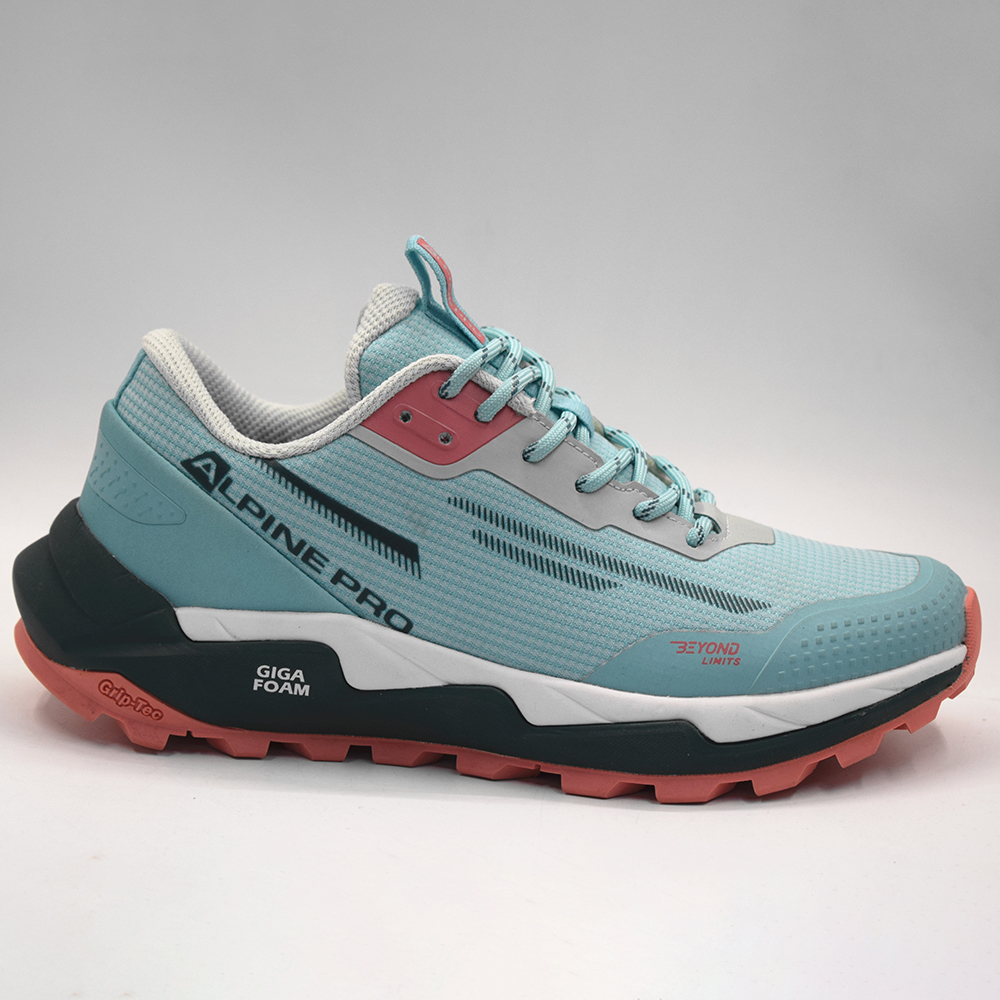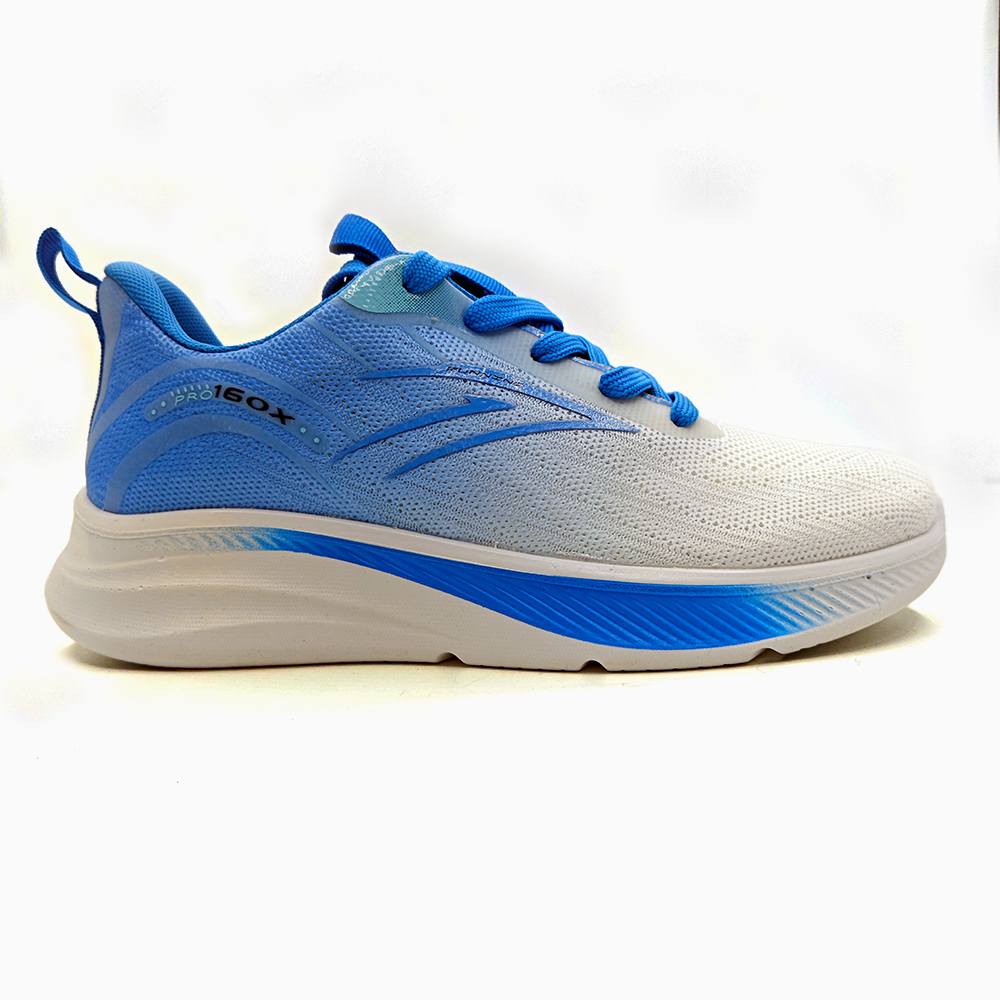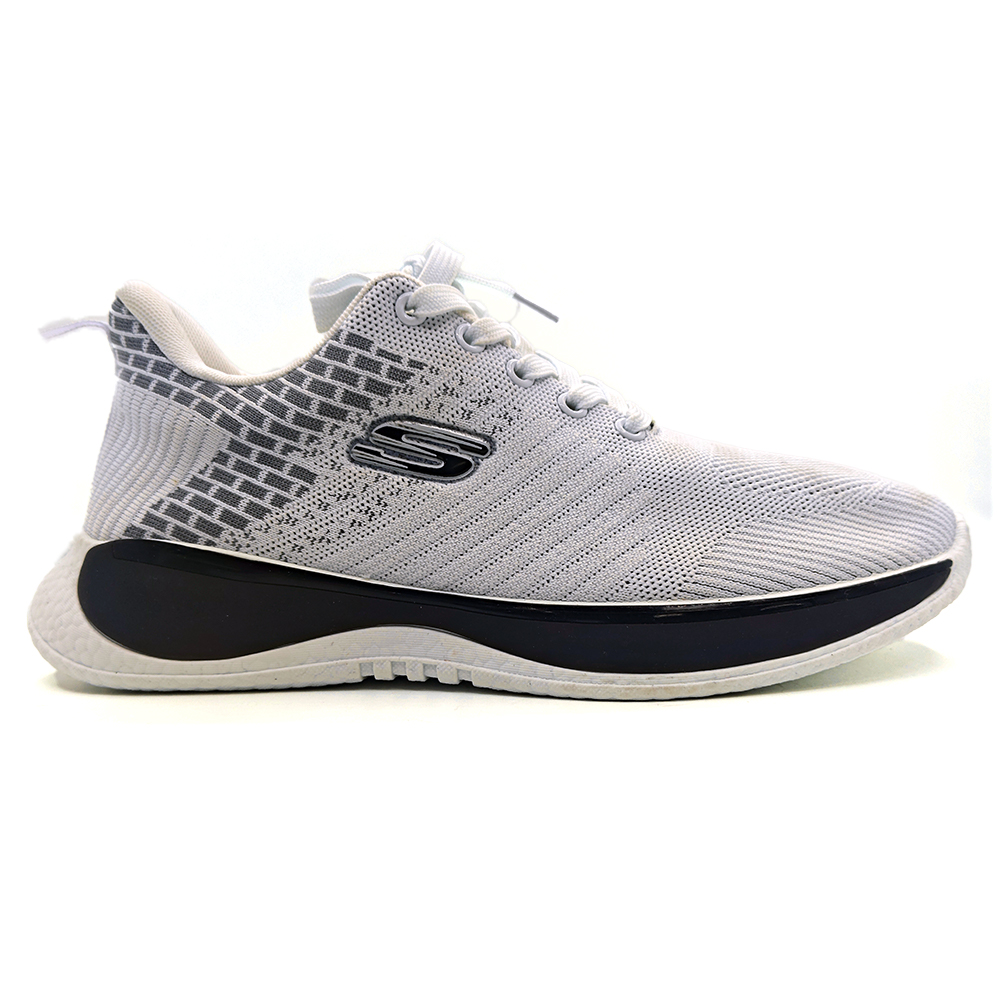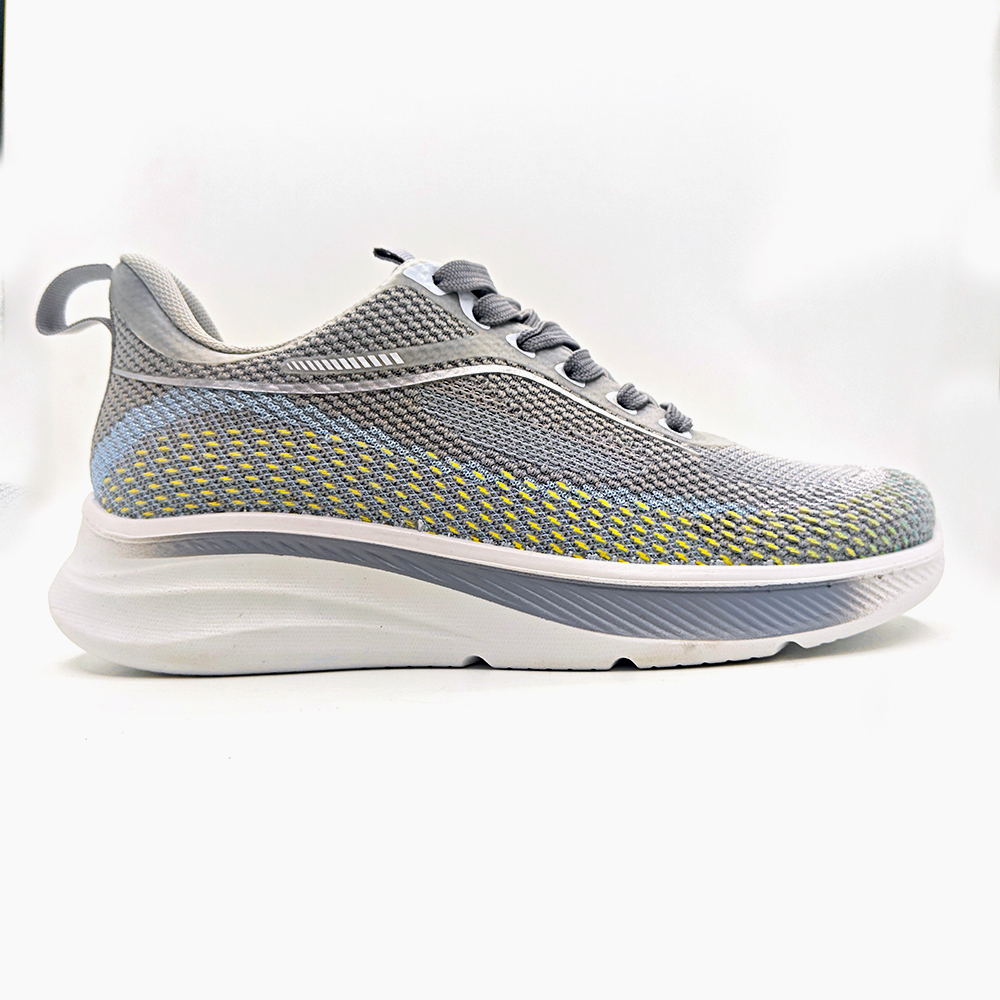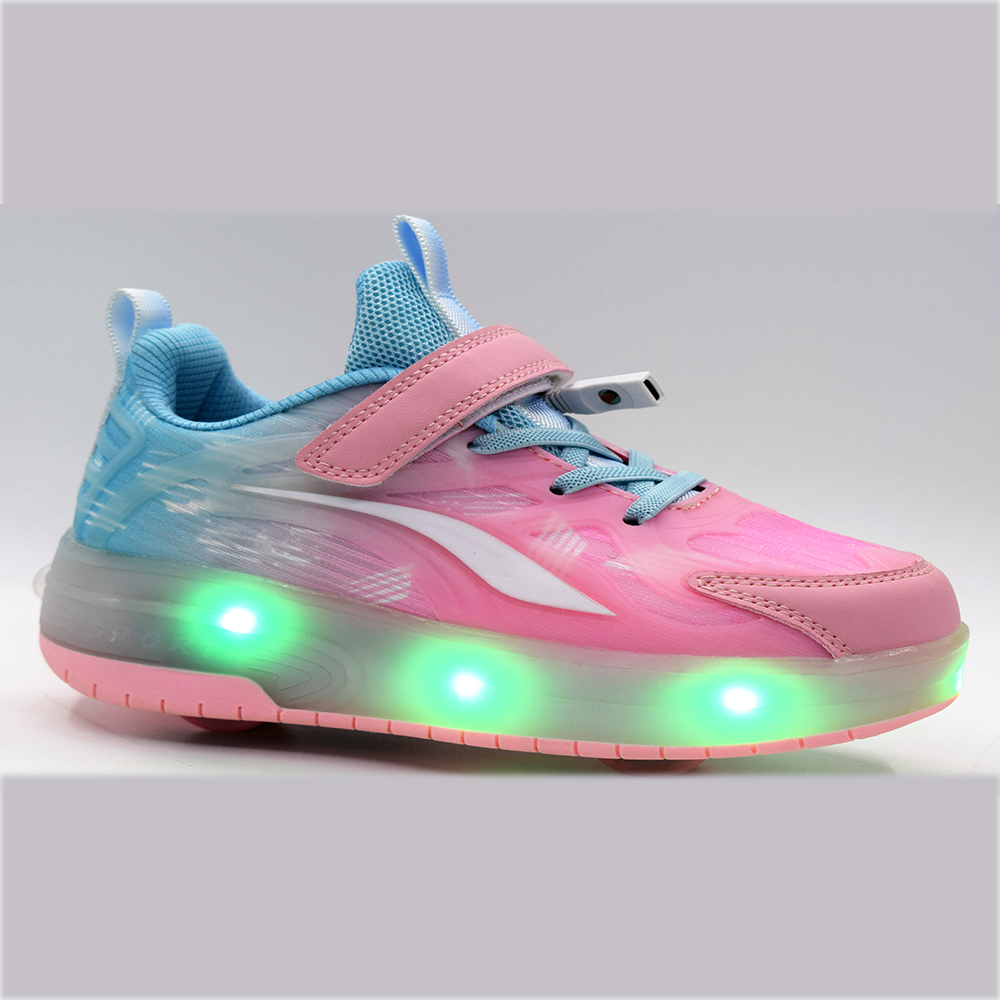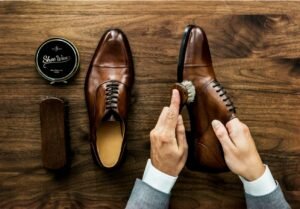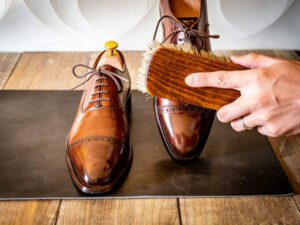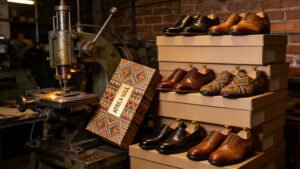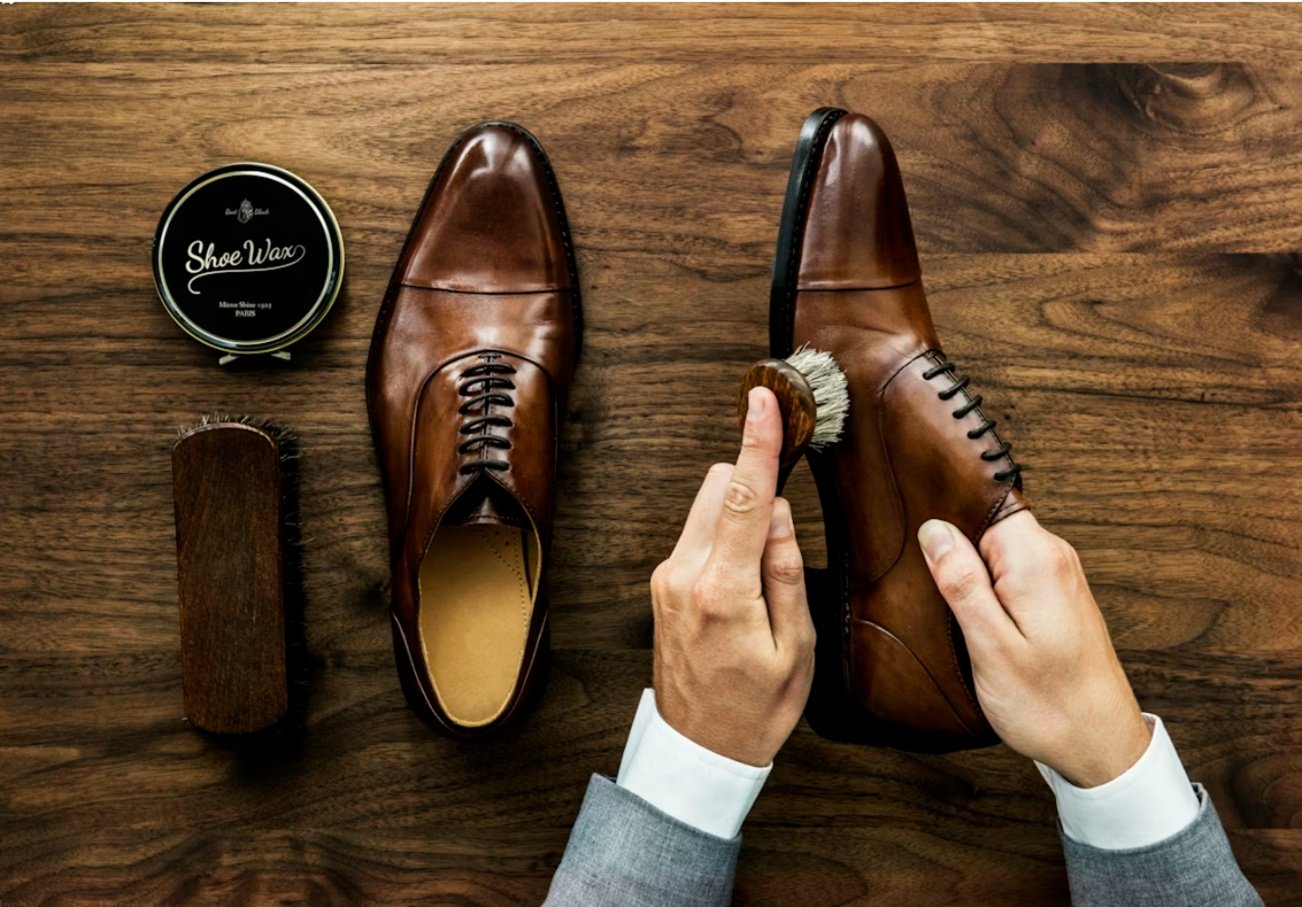Last Updated on 2025-09-07 by Topmenz Shoes
Sports shoes have evolved from simple rubber-soled plimsolls to highly specialized footwear engineered for peak performance. Today, each sport demands unique shoe designs tailored to its biomechanics, surface conditions, and athlete needs. As a professional sports shoe manufacturer, we delve into the intricate world of athletic footwear, exploring categories like basketball shoes, running shoes, soccer cleats, tennis shoes, and more. This guide unpacks their design philosophies, technological innovations, and the science behind their functionality.
1. Basketball Shoes: Elevating Your Game
Basketball shoes are designed to support explosive jumps, lateral cuts, and rapid direction changes.
1.1 Key Design Features
- High-Top vs. Low-Top:
- High-Top: Provides ankle support for injury prevention (e.g., Nike Air Jordan 1).
- Low-Top: Enhances agility for guards (e.g., Adidas Harden Vol. 7).
- Cushioning Systems:
- Air Units: Nike Air Max and Zoom Air for impact absorption.
- Boost Foam: Adidas’ energy-returning TPU pellets.
- Traction Patterns: Herringbone or multidirectional treads for court grip.
1.2 Material Innovations
- Knit Uppers: Nike Flyknit and Under Armour Curry Flow for breathability.
- Reinforced Overlays: TPU or synthetic leather for durability during pivots.
1.3 Top Models
- Nike LeBron 21: Max Air heel units + carbon fiber shank plates.
- Jordan 38: Eclipse Plate for midfoot stability.
2. Running Shoes: From Marathons to Sprints
Running shoes are categorized by distance, gait type, and terrain.
2.1 Road Running Shoes
- Cushioning:
- Maximalist: Hoka Bondi 8 (thick EVA midsoles).
- Minimalist: Vibram FiveFingers (barefoot feel).
- Energy Return: Adidas Solarboost with Lightstrike Pro foam.
2.2 Trail Running Shoes
- Outsoles: Vibram Megagrip lugs for muddy/rocky terrain.
- Rock Plates: Saucony Peregrine 14 with PWRTRAC rubber.
2.3 Racing Shoes
- Carbon Fiber Plates: Nike Vaporfly Next% for propulsion.
- Super Foams: Puma Deviate Nitro Elite 2 with Nitro Elite foam.
3. Soccer Cleats (Football Boots): Precision on the Pitch
Soccer cleats prioritize ball control, agility, and surface adaptation.
3.1 Stud Configurations
- FG (Firm Ground): Conical studs for natural grass.
- SG (Soft Ground): Metal studs for wet fields.
- AG (Artificial Grass): Short, dense studs for turf.
3.2 Upper Technologies
- Textured Surfaces: Adidas Predator Accuracy for spin and swerve.
- Knit Uppers: Nike Phantom GX’s Flyknit for barefoot touch.
3.3 Lightweight Designs
- Nike Mercurial Superfly 9: 180g weight + Aerotrak Zone traction.
- Puma Future Ultimate: FUZIONFIT+ adaptive compression band.
4. Tennis Shoes: Stability for Lateral Movement
Tennis shoes are built for side-to-side slides and hardcourt durability.
4.1 Outsole Durability
- Toe Guards: ASICS Gel-Resolution 9’s AHAR rubber.
- Herringbone Treads: New Balance 996v5 for multidirectional grip.
4.2 Midfoot Support
- Torsion Systems: Adidas Barricade’s Torsion Frame.
- Dynamic Arch: K-Swiss Hypercourt Supreme.
4.3 Clay vs. Hardcourt Shoes
- Clay: Full herringbone treads to prevent dirt buildup.
- Hardcourt: Durable rubber compounds for abrasive surfaces.
5. Cross-Training Shoes: Versatility for the Gym
Cross-trainers balance weightlifting, HIIT, and agility drills.
5.1 Hybrid Designs
- Reebok Nano X3: Wide toe box for squats + Flexweave upper.
- Nike Metcon 8: Hyperlift plate for rope climbs.
5.2 Stability Features
- Lateral Outriggers: Under Armour TriBase Reign 5.
- Heel Clips: NOBULL Trainer+ for secure lockdown.
.
6. Golf Shoes: Traction on the Green
Modern golf shoes blend spiked traction with casual aesthetics.
6.1 Spikeless vs. Spiked
- Spikeless: ECCO Biom H5 for clubhouse-to-course versatility.
- Spiked: FootJoy Premiere Series with Pulsar cleats.
6.2 Waterproofing
- Gore-Tex Liners: Adidas ZG23 Motion.
- Seam-Sealed Uppers: Puma Ignite Articulate.
7. Skateboarding Shoes: Durability Meets Board Feel
Skate shoes prioritize grip, impact protection, and abrasion resistance.
7.1 Vulcanized vs. Cupsole
- Vulcanized: Vans Old Skool (flexible for flip tricks).
- Cupsole: Nike SB Dunk High (impact absorption for drops).
7.2 Reinforced Zones
- Ollie Pads: Suede or rubber layers on the toe cap.
- Double Stitching: Etnies Marana for extended lifespan.
8. Cycling Shoes: Power Transfer Efficiency
Cycling shoes maximize pedaling efficiency through stiff soles and cleat compatibility.
8.1 Road vs. MTB Shoes
- Road: Three-bolt cleats (Shimano RC7).
- MTB: Two-bolt SPD cleats (Giro Privateer Lace).
8.2 Carbon Fiber Soles
- Stiffness Index: Specialized S-Works Ares (15/15 stiffness).
- Ventilation: Pearl Izumi Pro Road V5’s perforated uppers.
9. Hiking Shoes vs. Trail Runners
While covered earlier, hiking shoes differ from trail runners:
- Weight: Hiking shoes average 1.5 lbs vs. 0.8 lbs for trail runners.
- Protection: Hiking shoes prioritize ankle support and waterproofing.
10. Specialty Sports Shoes
10.1 Baseball Cleats
- Metal vs. Molded Cleats: Under Armour Harper 7 Mid.
- Ankle Support: New Balance 3000v6.
10.2 Cricket Shoes
- Spiked Outsoles: ASICS Gel-Cricket Pro.
- Toe Protection: Kookaburra Beast Pro.
11. Material Science in Sports Shoes
11.1 Advanced Polymers
- PEBA Foams: Used in elite running shoes (e.g., Nike ZoomX).
- Graphene-Infused Outsoles: Inov-8 TrailFly Ultra G 300.
11.2 Sustainable Materials
- Recycled Polyester: Adidas Primeblue uppers.
- Algae-Based Foams: Allbirds Dasher.
12. Choosing the Right Sports Shoes: A Buyer’s Guide
12.1 Fit and Sizing
- Thumb Rule: 0.5–1 cm space between longest toe and shoe tip.
- Width Options: Brands like Altra offer wide-toe boxes.
12.2 Sport-Specific Needs
- Basketball: Prioritize ankle support if injury-prone.
- Marathon Running: Opt for carbon-plated shoes for PR attempts.
13. Maintenance and Longevity
13.1 Cleaning Tips
- Machine Wash: Only for knit uppers (cold water, air dry).
- Leather Care: Use conditioner for baseball or golf shoes.
13.2 Rotation Strategy
Alternate pairs to extend midsole foam life.
14. The Future of Sports Shoes
14.1 Smart Technology
- Pressure Sensors: Under Armour Athlete Recovery Boots.
- Adaptive Cushioning: Salomon Indexlace auto-lacing.
14.2 3D Printing
- Custom Outsoles: Zellerfeld’s on-demand production.
14.3 Biodegradability
- Mushroom Leather: Reishi by MycoWorks.
Precision Engineering for Every Sport
From the basketball court to the mountain trail, sports shoes are marvels of biomechanical engineering. Understanding their design nuances empowers athletes to perform at their peak while minimizing injury risks. As manufacturers, we’re committed to pushing boundaries with sustainable materials, AI-driven customization, and wearable tech—ensuring every step, sprint, and slide is supported by innovation.
Any questions pls contact custom shoes expert Whatsapp +86 13392749315 and Get the latest news and updates straight to your email inbox.

